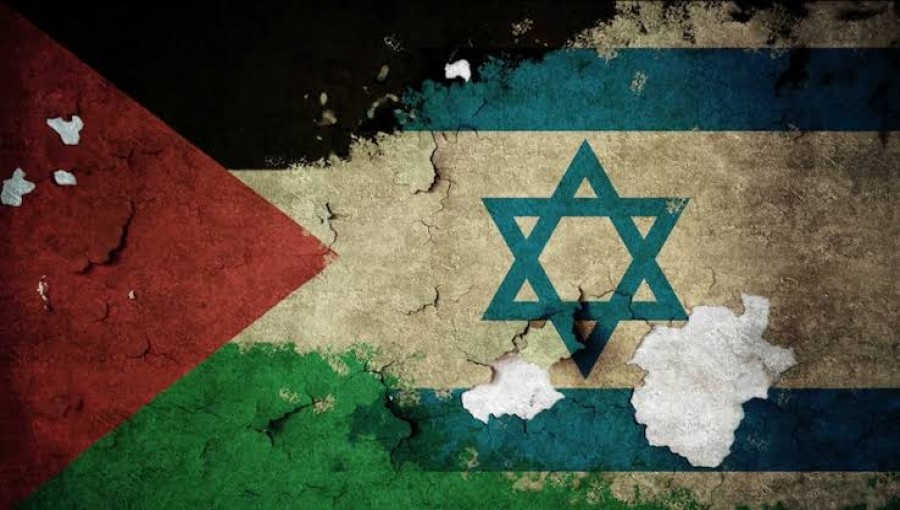Middle East, 28 June 2024- Israel's conflicted relationship with Lebanon is nothing new. For more than four decades, the two countries have had a tumultuous relationship, deeply intertwined with the Palestinian crisis due to Lebanon's vocal support for Palestinian rights since the beginning.
The term 'Nakba,' meaning 'catastrophe' in Arabic, is associated with May 14, 1948, the day the state of Israel was founded. Following Israel's establishment, Palestinians began to be evicted, losing their land incrementally. Around 750,000 Palestinian refugees sought shelter in East Jerusalem, the West Bank, Gaza Strip, and neighboring countries, with approximately 100,000 refugees finding refuge in Lebanon as per UN estimates.
The day after Israel declared its independence, the armies of Egypt, Jordan, Iraq, Syria, and Lebanon attacked. This marked the beginning of a lasting hostility between Lebanon and Israel. Over the past 75 years, Israel has invaded Lebanon at least three times, with the most significant attack occurring in 1982 when 40,000 Israeli soldiers entered Lebanon.
This invasion was Israel's response to attacks by armed guerrilla groups, including the Palestine Liberation Organization (PLO), from refugee camps in Lebanon. To understand the development of these Palestinian guerrilla groups, we need to revisit the 1967 Six-Day War, where Israel launched a pre-emptive strike against Egypt, Syria, and Jordan, resulting in Arab defeat and loss of territories including the West Bank, East Jerusalem, Golan Heights, and Sinai Peninsula.
The defeat of the Arab nations spurred the formation of armed guerrilla groups among Palestinian refugees in Lebanon, using the country as a base to attack Israel. The PLO, the most notable of these groups, led several attacks from Lebanon, prompting Israel's full-scale invasion in 1982. Israel aimed to dismantle the PLO, which had limited capacity to resist the well-equipped Israeli military. Israel advanced to Beirut, resulting in 15,000 to 20,000 deaths, primarily civilians. The PLO eventually relocated to Tunisia, leaving behind Palestinian refugees in Lebanon.
Shortly after the PLO's departure, a massacre occurred in the Sabra and Shatila refugee camps, orchestrated by the right-wing Lebanese militia group Phalange and observed by Israeli forces. This massacre claimed 3,500 civilian lives, further intensifying Palestinian displacement from Lebanon.
The Lebanese civil war, coupled with Israel's intervention, saw the emergence of Hezbollah, a Shiite armed group supported by Iran's Revolutionary Guard. Formed in 1982, Hezbollah's goal was to resist Israeli occupation and eventually drive Israeli forces out of southern Lebanon. The Taif Accords in 1989 ended the Lebanese civil war, but Hezbollah retained its arms, unlike other factions, and continued its opposition against Israel.
Hezbollah's influence grew, culminating in Israel's forced withdrawal from northern Lebanon in 2000. Hezbollah captured two Israeli soldiers in 2006, leading to another Israeli invasion of southern Lebanon. Despite Israel's efforts, they faced staunch resistance and had to retreat.
In 2022, despite ongoing hostilities, Israel and Lebanon signed a historic maritime boundary agreement mediated by the United States. However, tensions remain high, with frequent border clashes exacerbated by Hezbollah's attacks, especially following the escalation of Israeli operations against Hamas in Gaza on October 7 last year. The situation remains volatile, with recent intensifications by Hezbollah, an Iranian-backed armed force, further complicating the already strained relations.





























Comment: